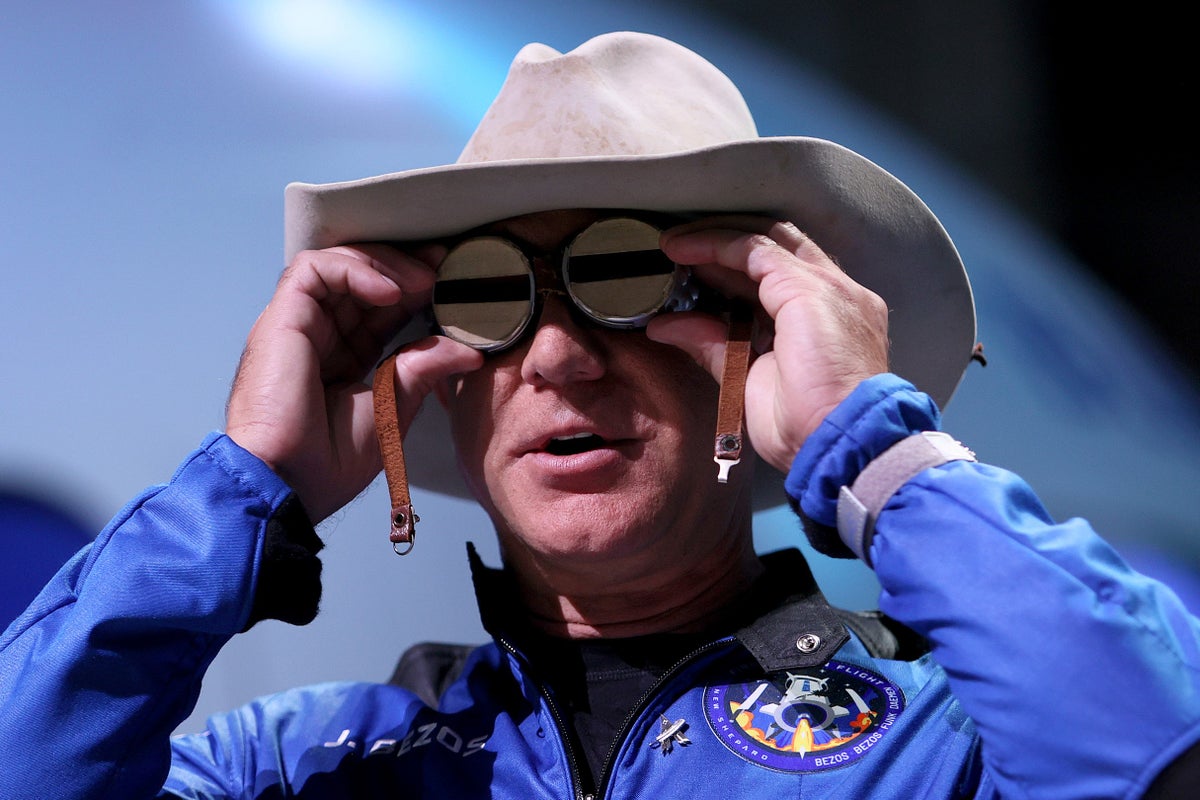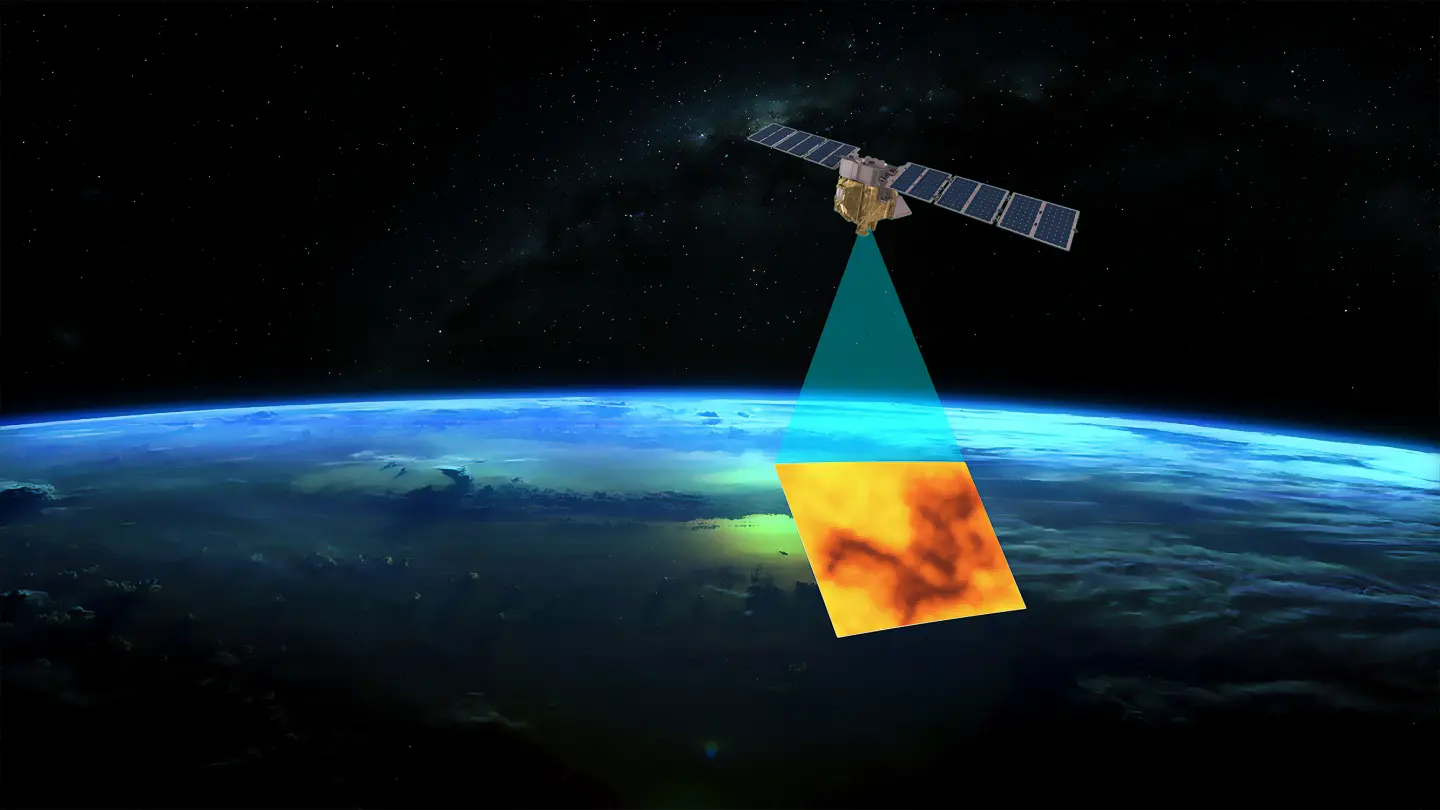
A methane-tracking satellite backed by billionaire Jeff Bezos has been lost in space, according to its operators.
The $88 million (£64m) MethaneSAT, which launched in March 2024, had been measuring methane emissions in oil and gas producing regions when signal was lost on 20 June.
The Environmental Defense Fund (EDF), the US non-profit that operated the satellite, said that it had lost power and is “likely not recoverable”. Its last known location was over Norway.
The organisation had developed and launched MethaneSAT with a $100m grant awarded by the Bezos Earth Fund – a philanthropic initiative set up by the Amazon founder.
Despite the loss, the EDF said in a statement that the mission had produced a number of key findings about methane emissions.
“The mission has been a remarkable success in terms of scientific and technological accomplishment, and for its lasting influence on both industry and regulators worldwide,” the statement read.
“Thanks to MethaneSAT, we have gained critical insight about the distribution and volume of methane being released from oil and gas production areas.
“We have also developed an unprecedented capability to interpret the measurements from space and translate them into volumes of methane released. This capacity will be valuable to other missions.”

It is estimated that methane emissions account for roughly one third of human-induced temperature rises globally.
Fitted with advanced spectrometers, MethaneSAT was able to detect methane levels, even at low levels, across a wide area – making it one of the most advanced methane-tracking satellites in the world.
The satellite made several findings that significantly boosted the understanding of methane emissions around the world, observing levels that were 10 times higher than reported in some areas.
“MethaneSAT has produced remarkable data,” project lead Steven Hamburg wrote in a post to LinkedIn in May.
“MethaneSAT is ushering in a new era of transparency and problem-solving... The mission is ambitious, and space missions are challenging. But the climate can’t wait, and neither can we.”
The EDF is yet to rule out the possibility of another satellite launch to continue the work of MethaneSAT.
‘Content creator’ needs to be a proper job, YouTube says
Wimbledon ‘looks like bad Photoshop’, says ex-top judge as AI replaces humans
Scots online shoppers warned over AI-fuelled Amazon Prime Day scams
The way the internet works just changed dramatically
Iranian hackers threaten to release treasure trove of White House emails
Inside Scattered Spider: The notorious teen hacking group causing chaos online







